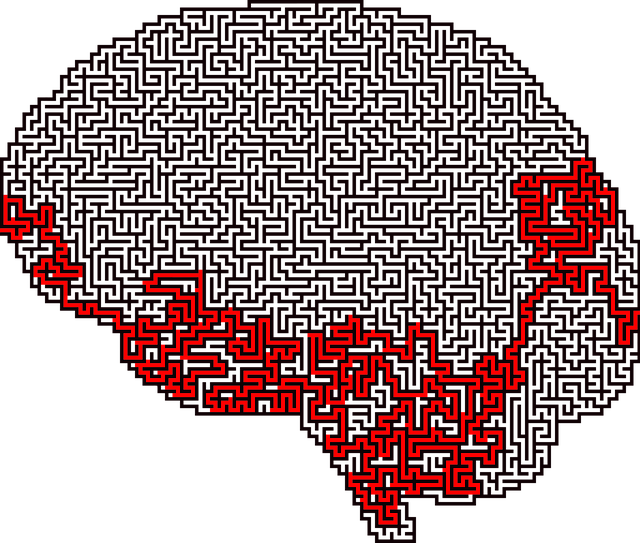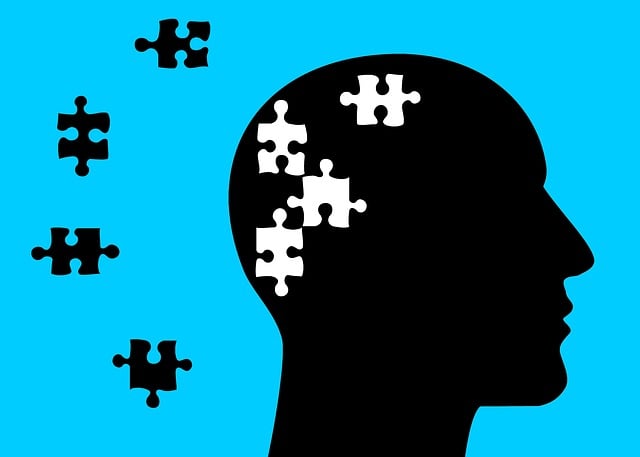Mental wellness self-assessment tools, accessible through questionnaires, provide initial evaluations of emotional, psychological, and behavioral well-being. These tools identify potential issues like anxiety, depression, or eating disorders, guiding individuals towards appropriate services, such as those offered by Denver Eating Disorders Therapy. Regularly updated to reflect the latest research, these assessments enhance public mental health awareness through community outreach programs. By integrating feedback with personalized recommendations, these tools foster understanding and progress tracking, empowering users on their mental wellness journey.
Mental wellness self-assessment tools play a crucial role in fostering personal growth. In today’s fast-paced world, these tools help individuals navigate their mental health journey. This article explores the development of such tools with a focus on Denver Eating Disorders Therapy’s contribution. We delve into key components making an effective framework, emphasizing the importance of integrating feedback and personal growth strategies. By understanding mental wellness through self-assessment, individuals can access tailored support, akin to the specialized care offered by Denver Eating Disorders Therapy.
- Understanding Mental Wellness Self-Assessment Tools
- The Role of Denver Eating Disorders Therapy in Tool Development
- Key Components of an Effective Self-Assessment Framework
- Integrating Feedback and Personal Growth Strategies
Understanding Mental Wellness Self-Assessment Tools

Mental Wellness Self-Assessment tools play a pivotal role in individuals’ journey towards understanding and managing their mental health. These tools are designed to provide an initial evaluation of one’s emotional, psychological, and behavioral well-being, often serving as a starting point for seeking appropriate support or guidance. By utilizing self-assessment questionnaires, individuals can gain valuable insights into potential areas of concern, such as anxiety, depression, stress management, or even specific disorders like eating disorders, which are prevalent in Denver Eating Disorders Therapy settings.
The development of these tools requires a nuanced understanding of mental health concepts and the ability to translate them into accessible, user-friendly formats. They often incorporate a series of questions tailored to various aspects of daily life, relationships, thinking patterns, and emotional experiences. For instance, community outreach program implementation can enhance public awareness campaigns development, ensuring that individuals in diverse communities have access to relevant mental wellness self-assessment tools. Effective tools should be regularly reviewed and updated to reflect the latest research and cultural sensitivities, thereby promoting better mental health outcomes and guiding those in need towards appropriate Trauma Support Services.
The Role of Denver Eating Disorders Therapy in Tool Development

Denver Eating Disorders Therapy plays a pivotal role in the development of comprehensive mental wellness self-assessment tools. With their deep expertise in treating eating disorders and related mental health issues, therapists here offer invaluable insights into the psychological and emotional aspects that significantly impact an individual’s overall well-being. They contribute by identifying key indicators and behaviors that are often associated with specific conditions, ensuring these tools accurately assess a wide range of mental health concerns, including mood management and confidence-boosting strategies.
The therapy center’s focus on evidence-based practices enables them to guide the creation of user-friendly assessment methods that foster Mental Health Awareness. By integrating their clinical knowledge into self-assessment tools, Denver Eating Disorders Therapy helps individuals gain profound insights into their mental wellness. This collaborative approach ensures that the developed tools are not only scientifically sound but also relatable and helpful for people seeking to improve and maintain their psychological balance.
Key Components of an Effective Self-Assessment Framework

An effective self-assessment framework for mental wellness should incorporate several key components to ensure its validity and reliability. Firstly, it must include a diverse range of questions that cover various aspects of psychological health, such as mood, anxiety levels, eating habits, and interpersonal relationships. This holistic approach allows individuals to gain an all-encompassing view of their mental well-being, much like the comprehensive services provided by Denver Eating Disorders Therapy, which cater to a spectrum of needs.
Additionally, the framework should be designed with cultural sensitivity in mind, incorporating compassion cultivation practices that acknowledge and respect diverse beliefs and backgrounds. This is essential given the impact of cultural factors on mental health experiences. For instance, what constitutes ‘normal’ eating habits can vary widely across cultures, highlighting the need for culturally adapted assessment tools. Such considerations ensure that self-assessments are inclusive and effective for a broad range of individuals, including those from diverse ethnic, racial, and socio-economic backgrounds, which is a critical aspect of delivering quality mental healthcare.
Integrating Feedback and Personal Growth Strategies

Integrating feedback into self-assessment tools is a powerful way to foster personal growth and mental wellness. After completing an initial evaluation, individuals should receive tailored recommendations based on their unique needs. This process allows them to set specific goals for improvement, such as enhancing coping skills development or cultivating self-esteem improvement. By providing actionable insights, these tools empower users to take charge of their mental health journey.
For instance, a Denver Eating Disorders Therapy program could offer a comprehensive assessment followed by a detailed report, suggesting strategies like mindfulness practices and body positivity exercises. The integration of feedback with practical growth strategies ensures that individuals not only understand their current mental wellness state but also have the tools to navigate challenges effectively. Additionally, this approach encourages ongoing self-reflection and adjustment, making it easier to track progress over time.
Mental wellness self-assessment tools, like those tailored by Denver Eating Disorders Therapy, are valuable resources for promoting personal growth. By understanding key components and integrating effective feedback strategies, individuals can navigate their mental health journeys with greater clarity. These tools empower folks to take proactive steps towards well-being, fostering a sense of agency in managing their mental wellness.













